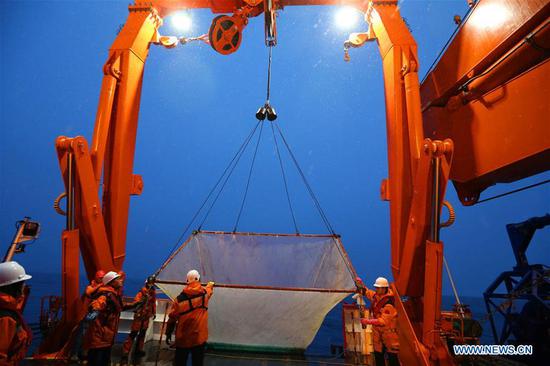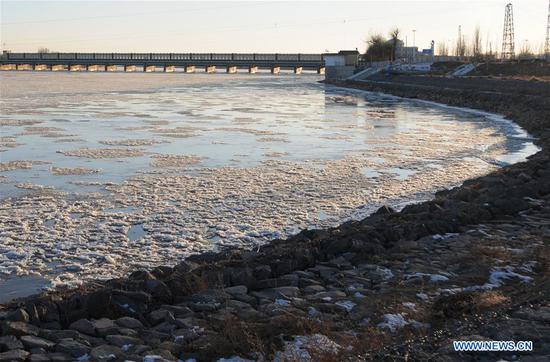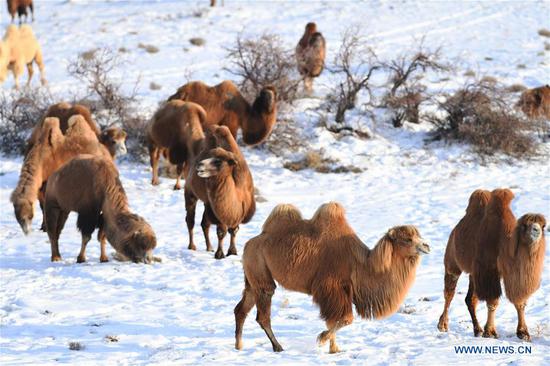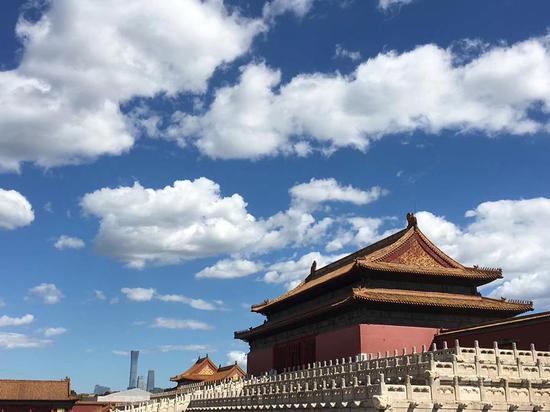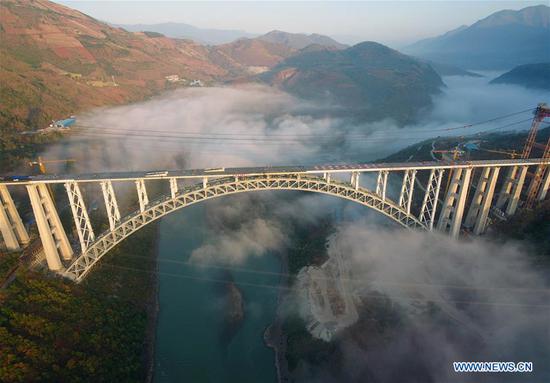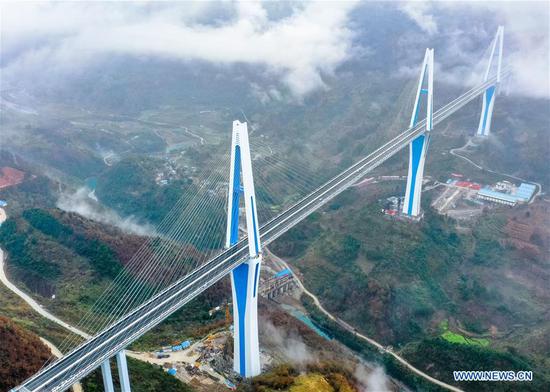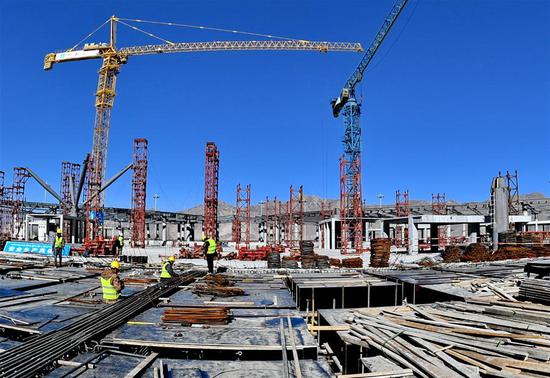
CPC Central Committee session lays out guidelines for navigating future
China will continue on its path of sustainable development by emphasizing ecological cultivation to promote harmonious coexistence between humans and nature, a recently approved Party document said.
In late October, the Fourth Plenary Session of the 19th Central Committee of the Communist Party of China approved decisions upholding and improving socialism with Chinese characteristics and advancing the national governance system and governance capacity.
The decisions included exercising the strictest possible environmentally related restraints and strengthening the system of accountability. They emphasized that the country will strongly support the maxim that lucid waters and lush mountains are invaluable assets.
"We should promote highly efficient utilization of resources, improve institutions for ecological restoration and conservation, and strengthen the accountability system," the document said.
It also listed several major types of work that need to be strengthened. One is to speed up the creation of a spatial planning system for national territory and map out areas under the principle of three "red lines"-ecological protection areas, permanent farmland and urban boundaries.
"The spatial planning system plays an important role in the country's management system and will be crucial in promoting the efficient, fair and high-quality use of the territory," said Zhang Bing, deputy director of the National Territorial Spatial Planning Bureau of the Ministry of Natural Resources.
"The core principle of the three red lines is making protection a priority," said Zhang, who also emphasized that development should give way to ecological concerns.
Sun Xuedong, deputy director of the bureau, said the ecological red lines will guarantee that the role of the ecosystem will fully function and areas currently under protection will remain so after red line adjustments.
He said, for example, that the permanent farmland designation will be made in light of reasonable long-term concerns about scale to guarantee the quality of farmland is maintained at a high level.
"Of the three red lines, urban boundaries will be the most challenging," Sun said. "Given the uncertainties of the future, the lines should be drawn with deep consideration for a city's economic, social and cultural development in the long-term. Also, it should be practical for most regions of the country, which is even tougher."
Zhang said the three red lines will not overlap or conflict. And they will be part of a new national spatial data system, under strict management and supervision.
Another major task listed in the plenary session decision is building a mechanism for ecosystem protection and recovery. Under the decision, the country will strengthen the sustainable use and protection of the ecosystem and build a system of nature reserves, with national parks as a major component.
Also, the decision urged the promotion of a massive greening project nationwide and strengthening the control and management of densification-all aimed at protecting the biodiversity and ecological safety of the country.
"As a major component of the country's aim to build nature reserves, the construction of national parks will be a top priority in our future work," said Zhang Jianlong, head of the National Forestry and Grassland Administration.
"The decisions gave specific guidelines on comprehensively deepening reform with respect to nature reserves. They are supportive of China's overall ecological protection work and will lay a foundation for our economic, as well as social, sustainable development," he said.
Over the past year, the administration has made inspections and evaluations of China's 10 pilot national parks, which cover more than 220,000 square kilometers.
The administration urged the management committee for the parks to solve some existing problems before June, Zhang said. As the pilot parks reach the end of trials next year, the administration will reevaluate all applications and officially grant park status to those that meet the standards.

















